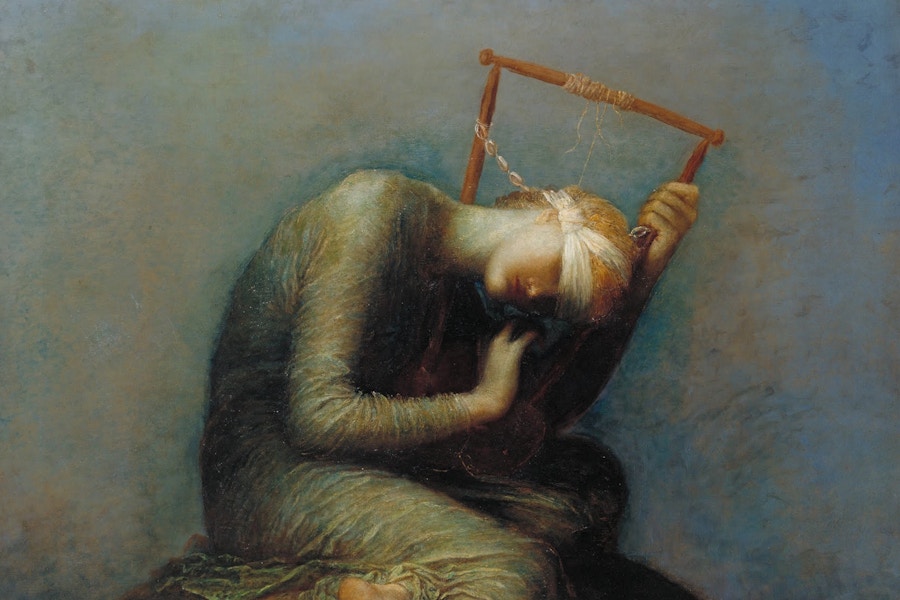Last week we ended with a very important question: “How can mere ‘knowledge’ be steadfastly transformed into authentic knowledge of God? Let’s explore this question in this week’s blog. The question we’ve asked is a big one. Any satisfying answer, it seems, will include at least two significant elements.
First, it will include honest, humble repentance. As we approach the God who has freely and lovingly given himself to us, we do well to draw near with great humility, much like Moses approaching the burning bush in the wilderness (Exod. 3). For like Moses, we tread on holy ground, where every form of dishonesty, posturing, and self-reliance is struck down. Before the holiness of God, we’re called to openly acknowledge who we are as human beings: our capabilities, our glories, our opportunities, but also our limitations, our frailties, and yes, our sins.
We are created for the knowledge of God, but presently we are bent and wounded – skewed by our disproportionate desire for lesser goods and our twisted craving for a multitude of evils. Comprehending the incomprehensible God is no longer natural to us. Instead, our corruption – linked by Paul and Peter to our evil desires (Eph. 4:22, 2 Peter 1:4) – demands the regeneration and the radical reorientation of our minds and hearts.
Second, entrance into the knowledge of God will include bold, faith-filled hope. As troubled as our condition is, God’s merciful invitation to draw near is still extended in love to his cracked image-bearers. “I, by your great love, can come into your house; in reverence I bow down toward your holy temple” (Ps. 5:7). The marvel of the gospel for those who welcome it is this: through the wonder of the person and work of Jesus Christ, God forgives, heals, redeems, and restores his image-bearers. Lifeless hearts begin beating. Hardened eardrums become supple, resonating to the tonal qualities of divine speech. Long-blind eyes regain their sight. Confused minds begin to comprehend. As redeemed, restored image-bearers, we can follow Christ to the Father through the Spirit, hopeful and confident as we embrace the grace bestowed upon us in the cross and resurrection of Jesus. For now we are not only consulting the right sources of knowledge; we are also being formed into the right kind of knowers, the kind made for knowledge of the mystery of God above all else.
More concretely, this whole process may be described as an increasing embrace of the glory inherent in the knowledge of God. To give glory to God is to speak a word (logos) or to sing a song that gives glory (doxa). This doxological character of the knowledge of God is its tendency to move from doctrine to worship of the living God in humility and faith. Next week we’ll take a look at the Transfiguration of Jesus, an event that illustrates that all knowledge of God includes the worship of his unspeakable, incomprehensible glory.
This series has been adapted from Steven D. Boyer and Chris Hall’s The Mystery of God: Theology for Knowing the Unknowable. Hungry for more? Please visit Baker Academic for more information.
PC: By George Frederic Watts and workshop — Google Cultural Institute, zoom level maximum Tate Images, Public Domain, https://commons.wikimedia.org/…


